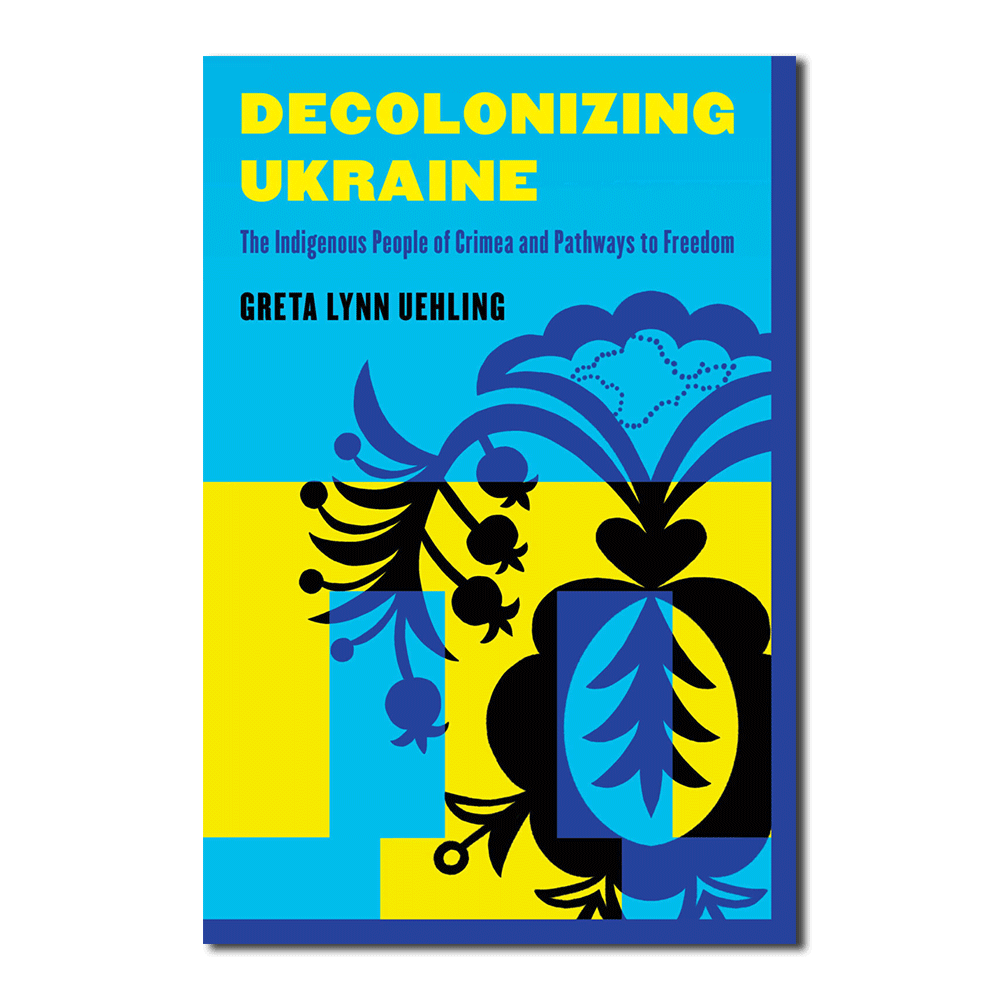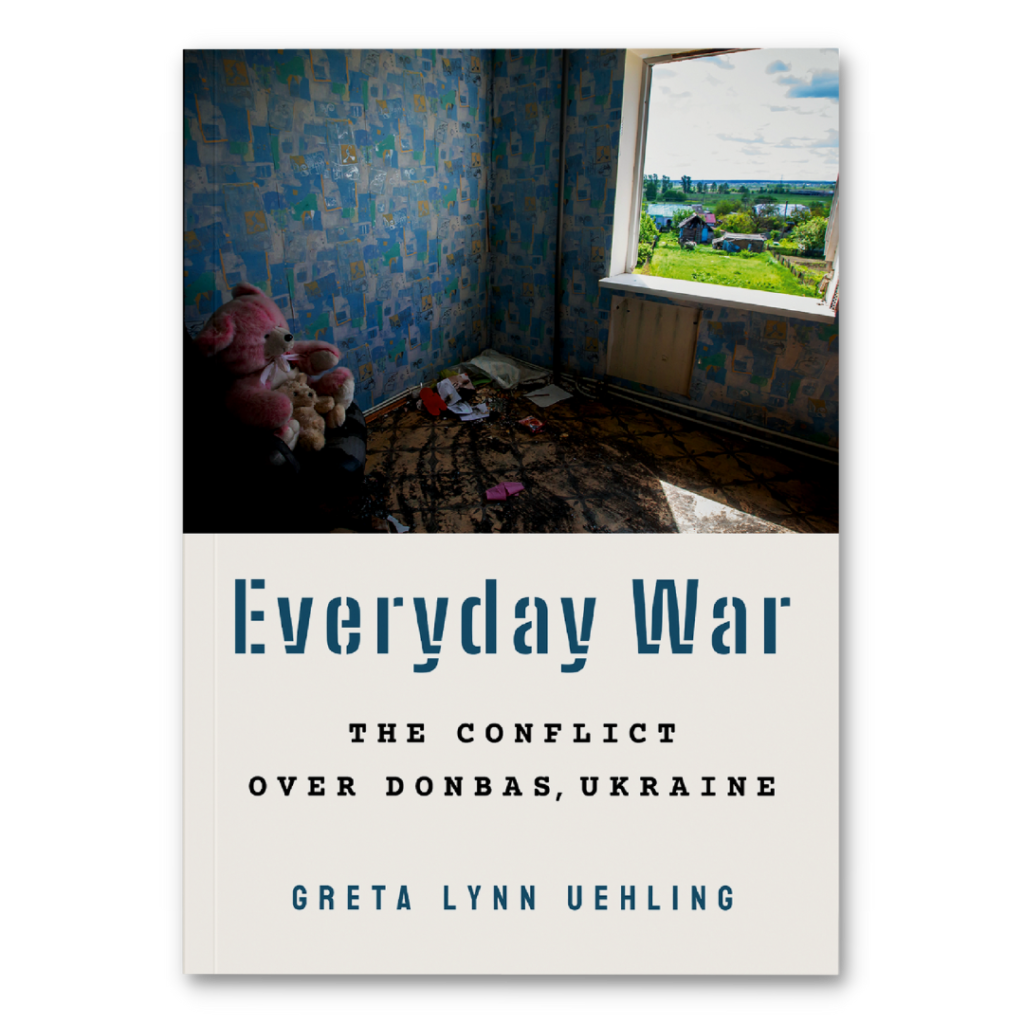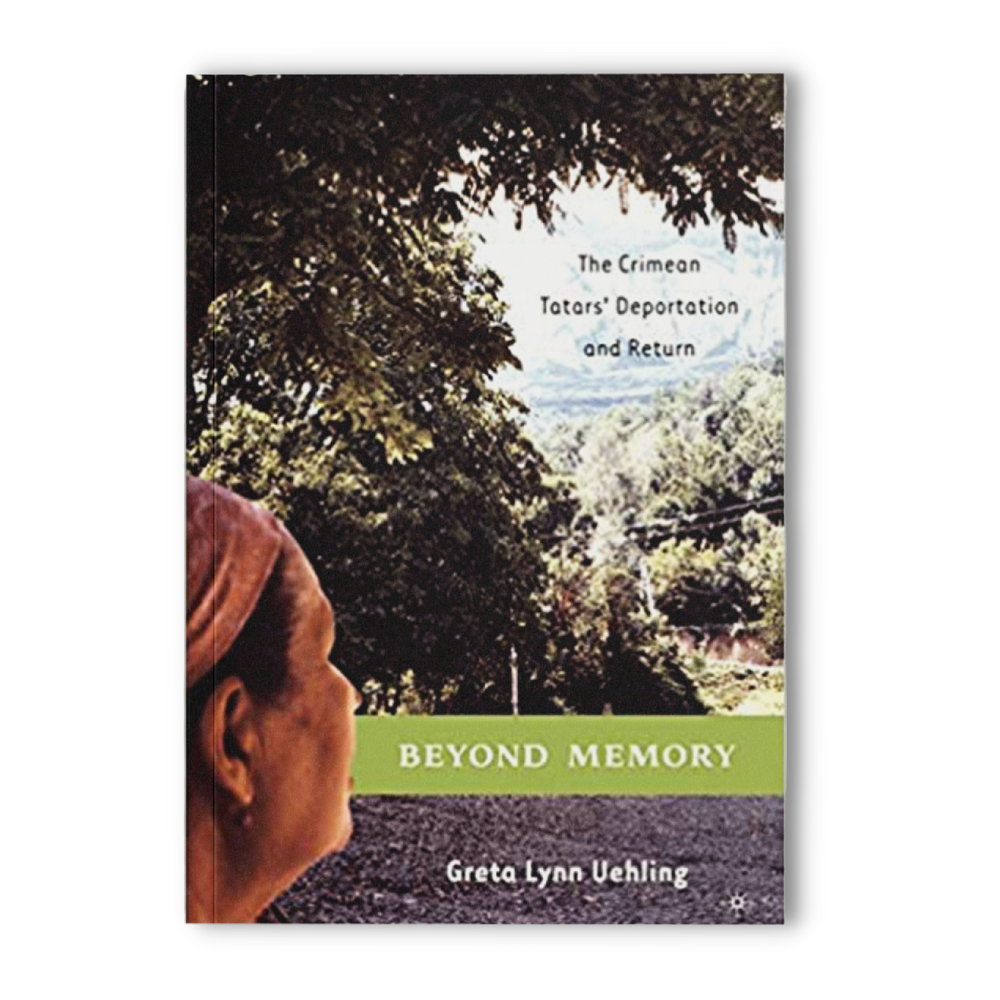
Decolonizing Ukraine
The Indigenous People of Crimea and Pathways to Freedom
Decolonizing Ukraine takes an unblinkered view of of the war on Ukraine through the voices of some of the people most affected. The book explains the logic of Russia’s occupation of Ukraine and the sources of Ukrainian resilience. Here the Indigenous people have played a key, although little known role, providing the the moral justification – and the blueprints – for reintegrating formerly occupied territories into Ukraine.
Everyday War
The Conflict Over Donbas, Ukraine
What goes through the mind of a parent who sends their child to school across a minefield?
Greta Uehling delves into these and many other experiences that have characterized life in Ukraine for over a decade.
Everyday War: The Conflict over Donbas, Ukraine explores the experience of noncombatant civilians in a country at war.
Based on extensive research in Ukraine, the book shows how civilians engaged with war in creative and strategic ways.
Winner of Harvard University’s Davis prize, the book shows civilians’ capacity to deliver comfort and care because and in spite of the military conflict.
In the literature on war and conflict, personal relationships are usually treated as tangents or backdrops to the “real” action. In contrast, this book delves into relationships to show how they mattered.
Bridging the fields of anthropology, political geography, international relations, and peace and conflict studies, the book fills a gap in studies of war and conflict by carefully considering the human connections that concerned people the most.
Beyond Memory
The Crimean Tatars’ Deportation and Return
In the early morning hours of May 18, 1944 the entire Crimean Tatar population was deported from their historical homeland according to orders from Stalin. Having been given only fifteen minutes to gather their belongings, they were herded onto cattle cars bound for Soviet Central Asia, and many perished from the journey, dehydration, and disease. Although the official Soviet record was cleansed of these events, the Crimean Tatars did not forget their homeland. Beyond Memory explores how the Crimean Tatars collectively remembered their past, and the role this played in returning to the Crimean peninsula.


